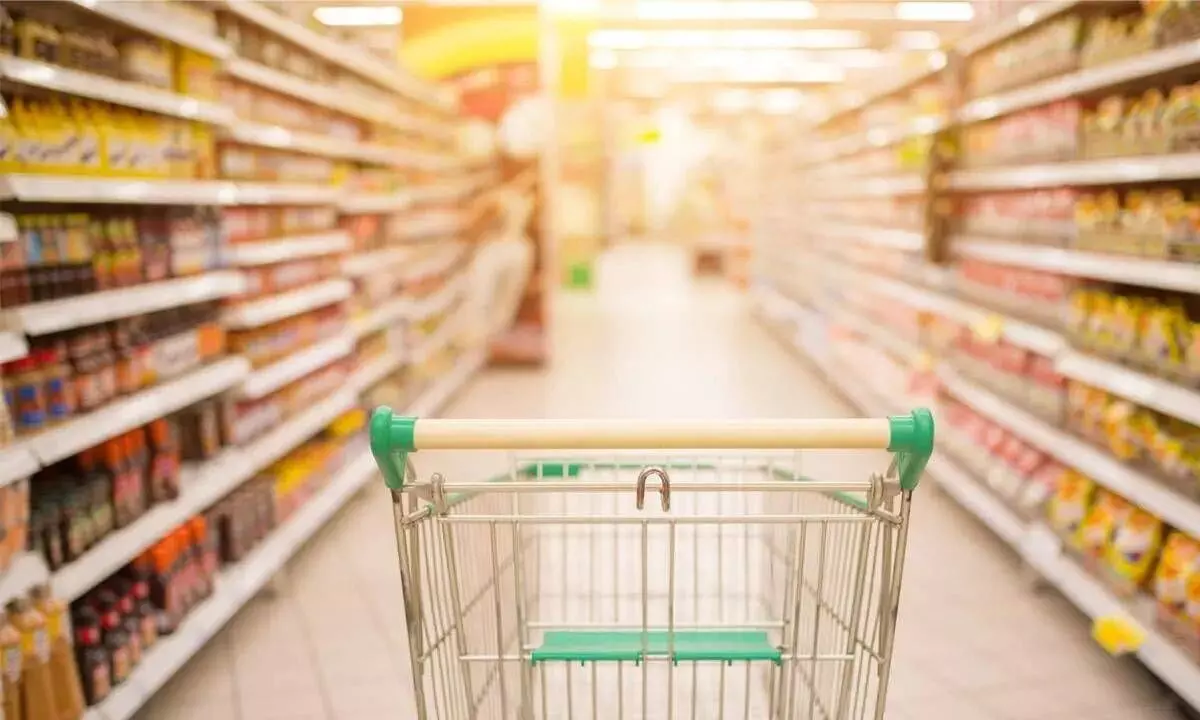Rural recovery for FMCG companies takes a pause
Amid food inflation, uneven rains
image for illustrative purpose

New Delhi The FMCG industry has witnessed a challenging September quarter amid subdued consumer demand and a decline in rural consumption due to persistent food inflation and uneven rains in some regions.
The operating environment remained tough for the FMCG (Fast Moving Consumer Goods) industry as rural demand continues to be sluggish, and some green shoots, which were visible in the preceding June quarter, seem to have paused following adverse conditions. Leading FMCG makers like HUL, ITC and Nestle have expressed concerns over uneven rains, the impact of crop output and rising prices of some commodities -- such as wheat, maida, sugar, potato, coffee, etc -- in their September quarter earnings. “Consumption demand has been relatively subdued, especially in the value segment and rural markets on the back of sub-par monsoons and persistent Food inflation, which saw a sharp spike during the quarter,” ITC said in an earning statement. Persistent inflation has impacted rural demand, which contributed to over one-third of FMCG sales, as consumers are still tightening discretionary spending after uneven rains, analysts said. Nestle India also hinted towards an “adverse impact on pricing” due to the rain deficit in several parts of the country. “Uneven rain and rain deficit is expected to impact production of maize, sugar, oilseeds and spices that may have an adverse impact on pricing,” Nestle India said, adding that “coffee continues to be volatile because of the global supply deficit. The weather during the harvest of the Indian Robusta crop may impact production. Upcoming winter weather may impact wheat production”.
During the quarter, the urban market continued its growth for the FMCG industry, led by modern trade channels and large packs. E-commerce continues to do well for FMCG makers. FMCG companies are also facing the heat from the resurgence of the small regional/local players, which are gaining share in the mass market products, such as tea and detergent. Leading FMCG company HUL reported a market share loss in the mass end segments due to heightened competition from the local players and a decline in the rural market during the quarter. Most of the small/regional players had vacated the space in the mass and small pack segments when the market was facing inflationary challenges, and the costs of raw materials were at record highs. With the softening of the input cost after moderation of commodity prices, the number of local players that have come into the market has just increased, said HUL CEO Rohit Jawa in the earnings call.

